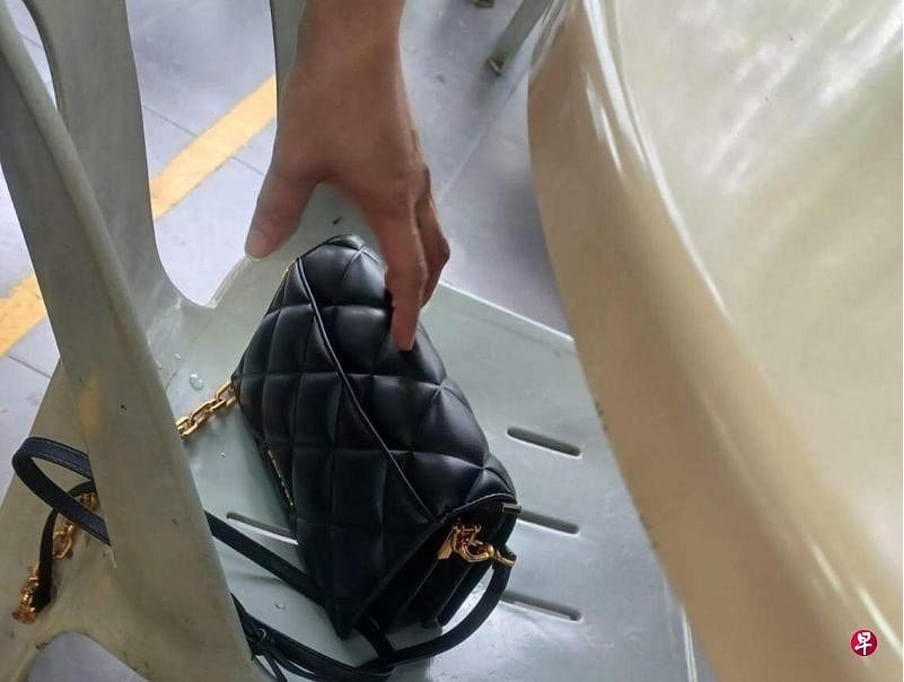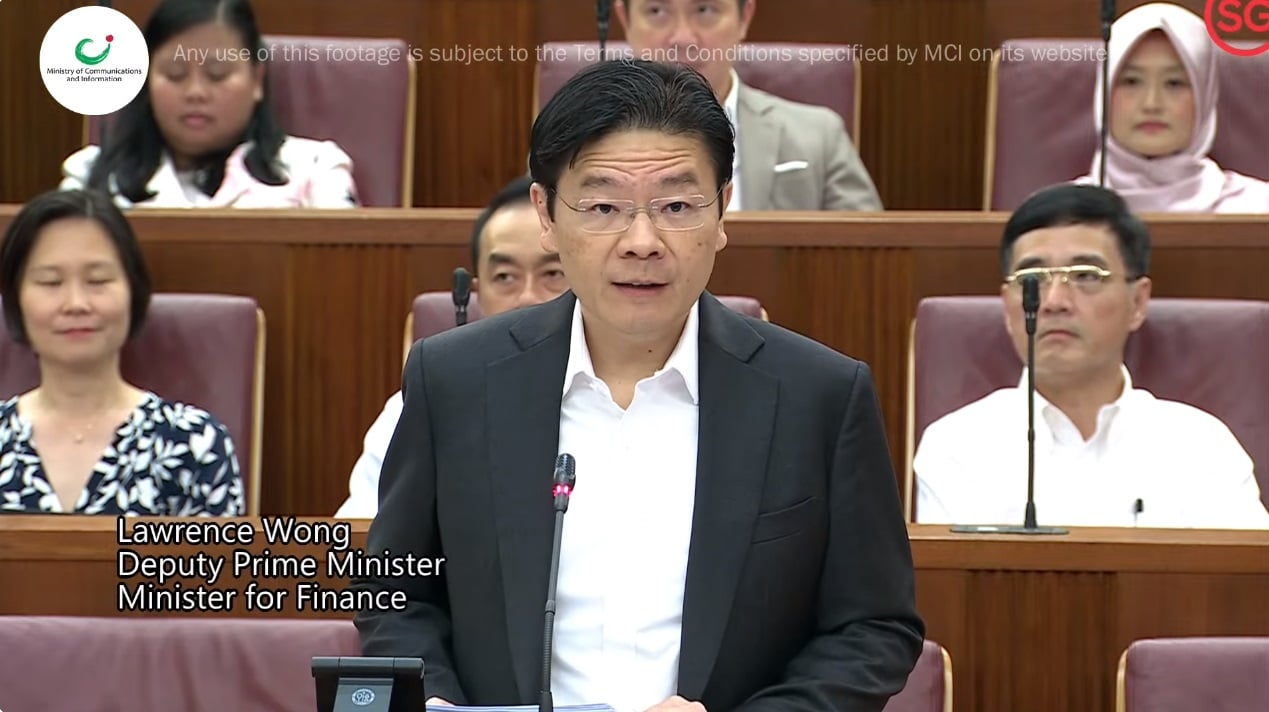That day, Abang came home from work complaining about his request to take up a course that was rejected by his supervisor. But his complaints were not about his supervisor but his colleagues whom he said got no wawasan (vision)! Apparently when he complained to his colleagues about how his request for rejected, his colleagues all questioned him why he even bothered to sign up in the first place.
“Not as though your gaji naik (pay raise) after the course. Why do you waste time?”
“You think even when you siao on at work, they will promote us? They will never give us that chance because we’re old.”
“Anyway you so scared cannot keep up to date with the market outside for what? If you get retrenched and need money just do driving part-time la.”
Then Abang explained to them everything they mentioned was the typical top concerns of PMEs like themselves. But he’s confident things are changing especially after reading the progress the PME Taskforce has made a year since its recommendations were submitted to the government.
Abang said after he explained about the progress the taskforce has made, his friends’ reactions were rather split- some were still resistant to the idea of upskilling because they were not convinced their work prospects can change, while more were warming up to the idea of taking ownership of their own learning and investing in their career progression.
He reminded them that it was important to be agile when working in a multigenerational workforce. People from different generations have different life priorities which may impact their perception of work. For mature workers like us, we must adopt a positive mindset and be flexible when considering what our careers will look like as we age. He added that as mature workers we would also have the advantage of transferring the skills and experience we have acquired over the years, to other sectors that may be short on talent. So we must be agile and open enough, to consider job options outside of our current industry.
Then I was curious lah because it felt like he did a good thing, so why was he still unhappy? Was it because he was disappointed that his supervisor rejected his course request? Was his supervisor also in that group of office people who did not believe in upskilling and reskilling?
“I angry lah because the PME Taskforce recommendations so long, then by the time I explained everything my mee soto cold and the noodles kembang (soggy)! Anyway don’t say bad things about my supervisor ah, he rejected my course request because he thinks this course is too basic for me. Told me to take the advanced level one.”
Ye-eleh this old man. Don’t know if he is really angry or just humble bragging to me.
Anyway, if you all want to know what progress the PME Taskforce made, check out this list!
| Recommendations (in 2021) | Progress (a year on) |
| Enhance fair employment practices through improving HR standards and strengthening enforcement against errant companies adopting fair practices | Improve workplace fairness through both legislative and non-legislative options by the newly set up Tripartite Committee on Workplace Fairness (TCWF)
Equip HR professionals with Institute for Human Resource Professionals (IHRP) or internationally recognised certification to better support employers and workers in the workplace. |
| Strengthen Singaporean core by enhancing EP application review process and facilitating skills transfer to local PMEs | Discourage companies from hiring foreign talents when Singapore has a pool of locals with the required skills, by differentiating foreign worker access by occupation.
With the COMPASS framework, Employment Pass applications will go beyond an applicant’s educational qualifications and salary. This helps to safeguard PMEs’ interest, while still enhancing companies’ capabilities, improving workforce diversity and building a strong Singaporean core. |
| Widen support for PMEs through review of legislation on PME’s representation | Set up of tripartite work group to review the scope of union representation of PMEs |
| Strengthen unemployment income support for PMEs who are involuntarily unemployed | The government has not responded or made any position on this however, the taskforce will continue to advocate unemployment support for vulnerable PMEs. |
| Recommendation 5: Assist mature PMEs to transit into meaningful employment through short-term salary support | PMEs aged 40 and above can leverage on SGUnited MidCareer Pathways Programme to widen professional networks and gain industry-relevant skills and experience to prepare for a new career in different industries.
Vulnerable workers can benefit from Jobs Growth Incentive that supports employers to recruit local workers. |
| Build Singaporean leadership bench strength | Build a pipeline of local talents with international exposure for Singapore Enterprises. |
| Provide customised career coaching support for PMEs | Professionally trained career coaches will be provided and supported by NTUC-SNEF and the funding of these career coaches to NTUC/SNEF to guide and support PMEs in companies will be supported and expended |
| Develop structured jobs and skills plans for PMEs through Company Training Committees (CTCs) | Leverage on NTUC’s Company Training Committees (CTCs) to upskill workers in line with business and industry requirements. Companies can leverage tools from both NTUC.
Operation & Technology Roadmap (OTR) and CTC and SNEF Support for Job Redesign under Productivity Solutions Grant Support for Job Redesign under Productivity Solutions Grant (PSG-JR) in their transformation journey. |
| Strengthen the nexus between tripartite partners to prepare workforce for economic transitions and investment pipelines | Reposition the existing NTUC’s Job Security Council (JSC) as NTUC-SNEF JSC to strengthen the jobs ecosystem.
NTUC-SNEF JSC working with MOM and the relevant government agencies to improve employment prospects and create good jobs for Singaporeans. Ensure that training needs are incorporated into the Institutes of Higher Learning (IHL) curriculum, in tandem with the fast-changing economic landscape. |





